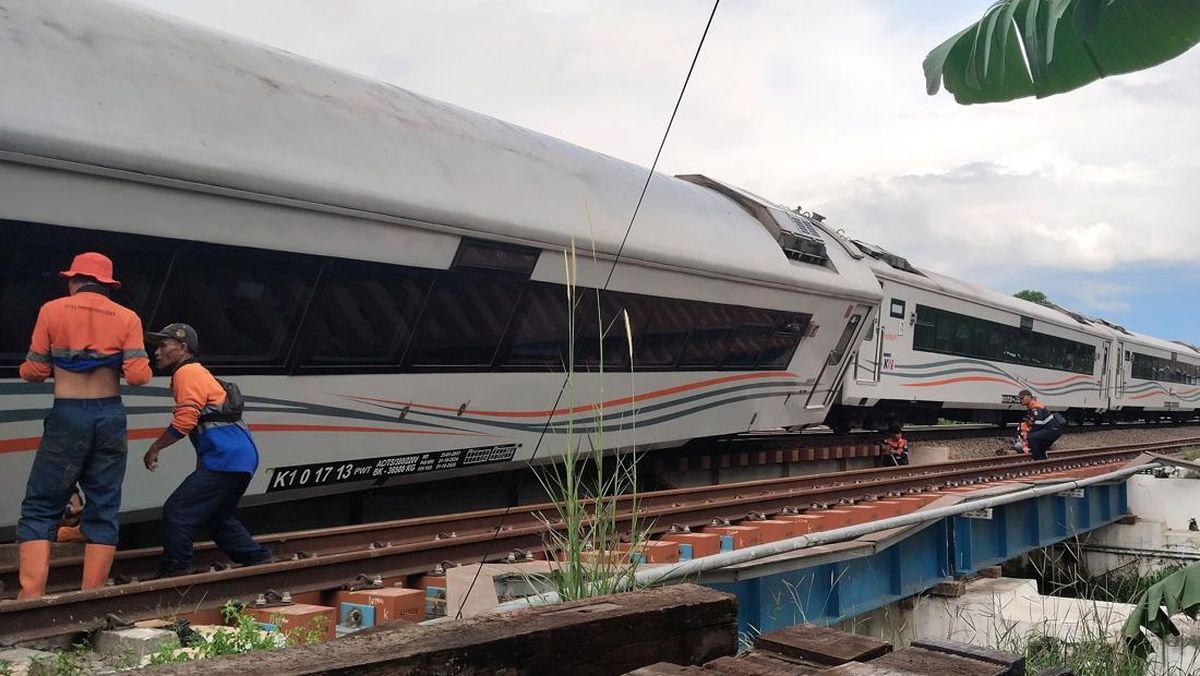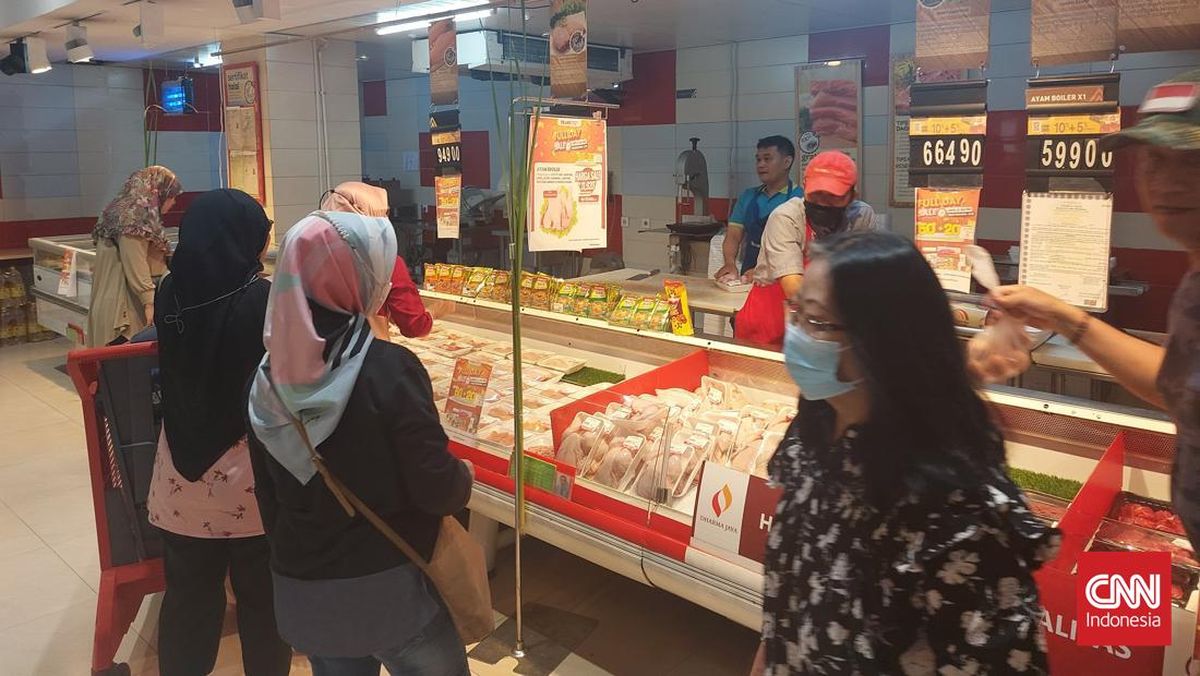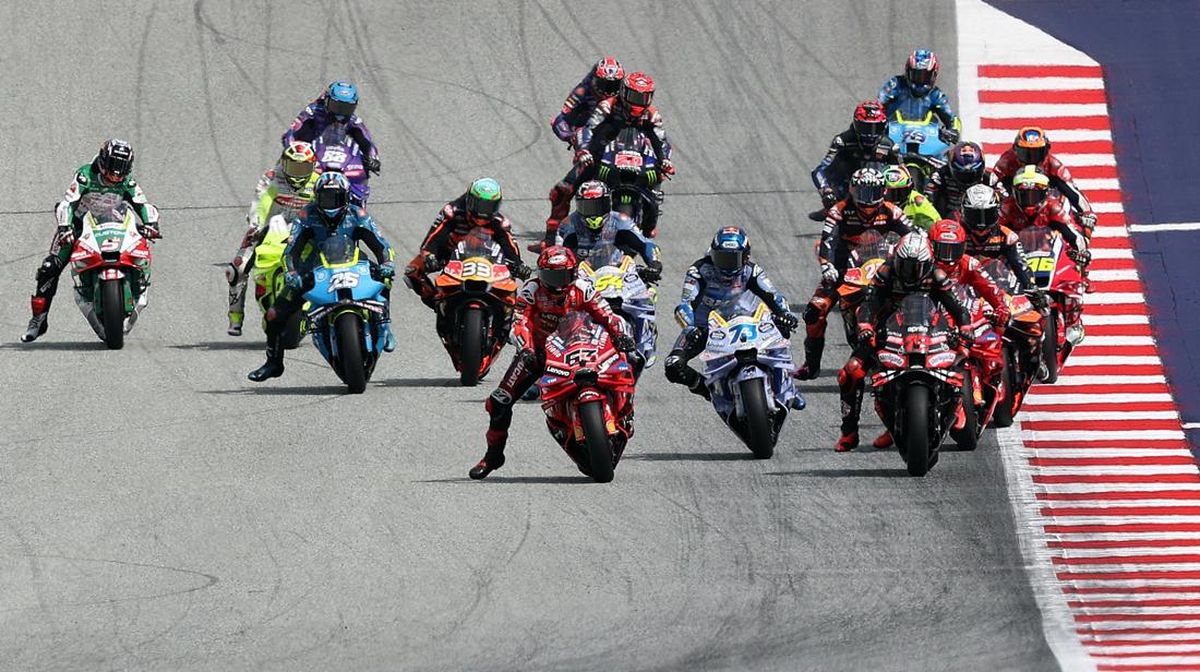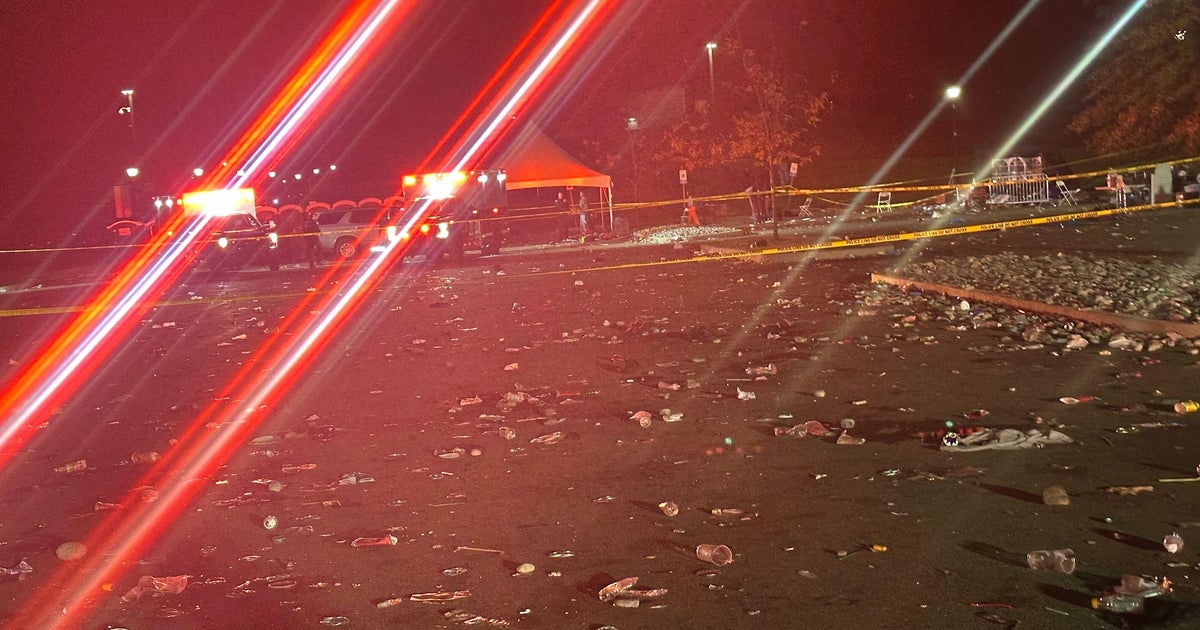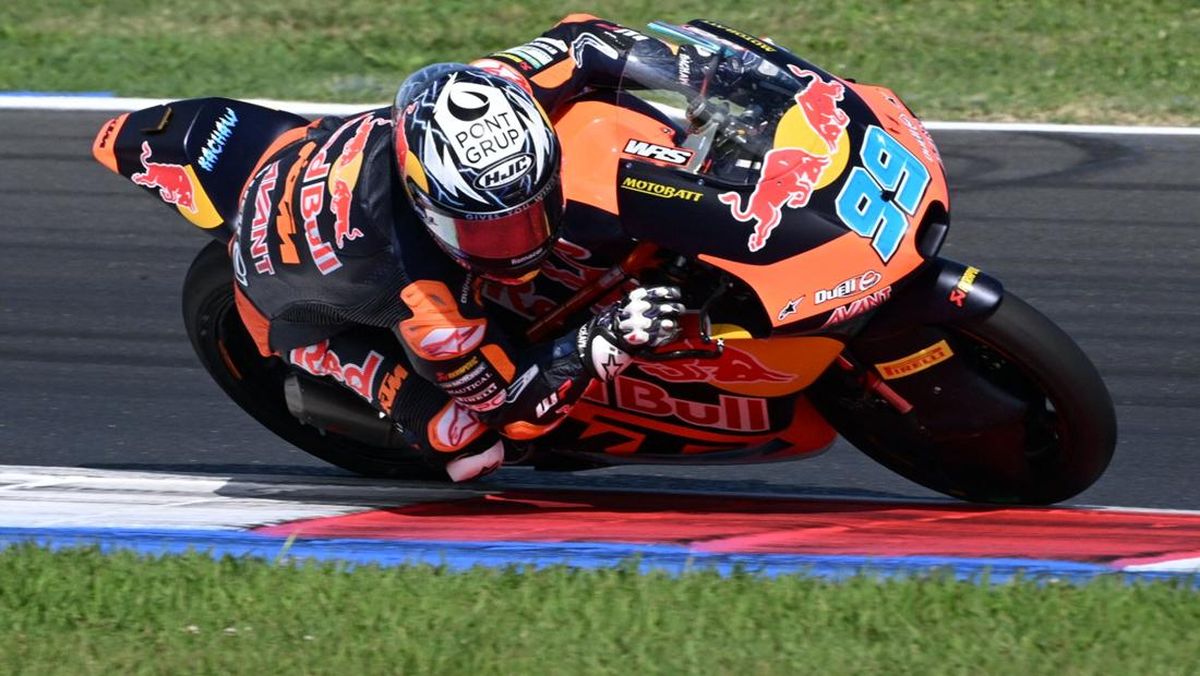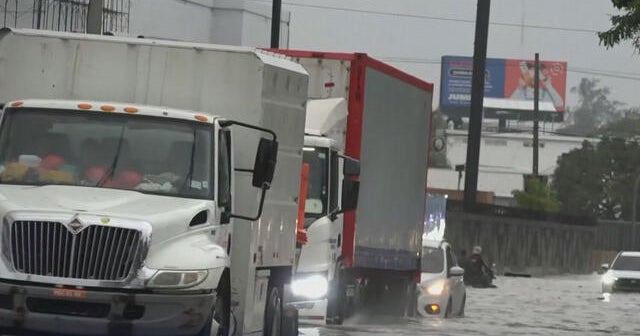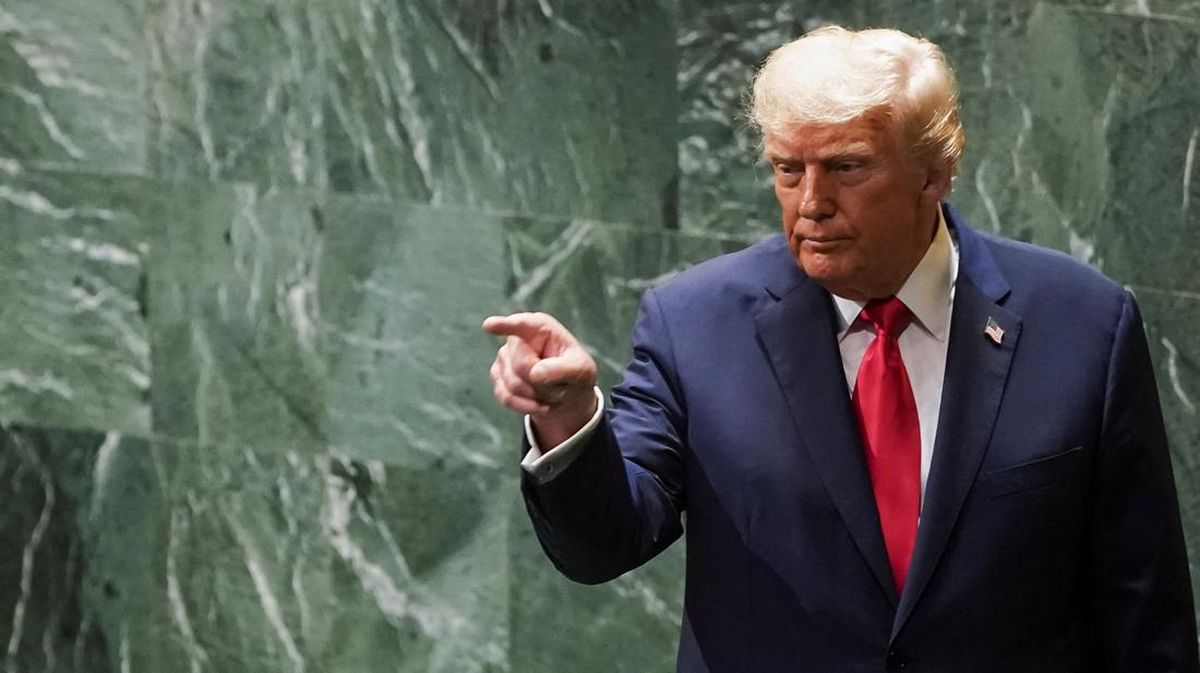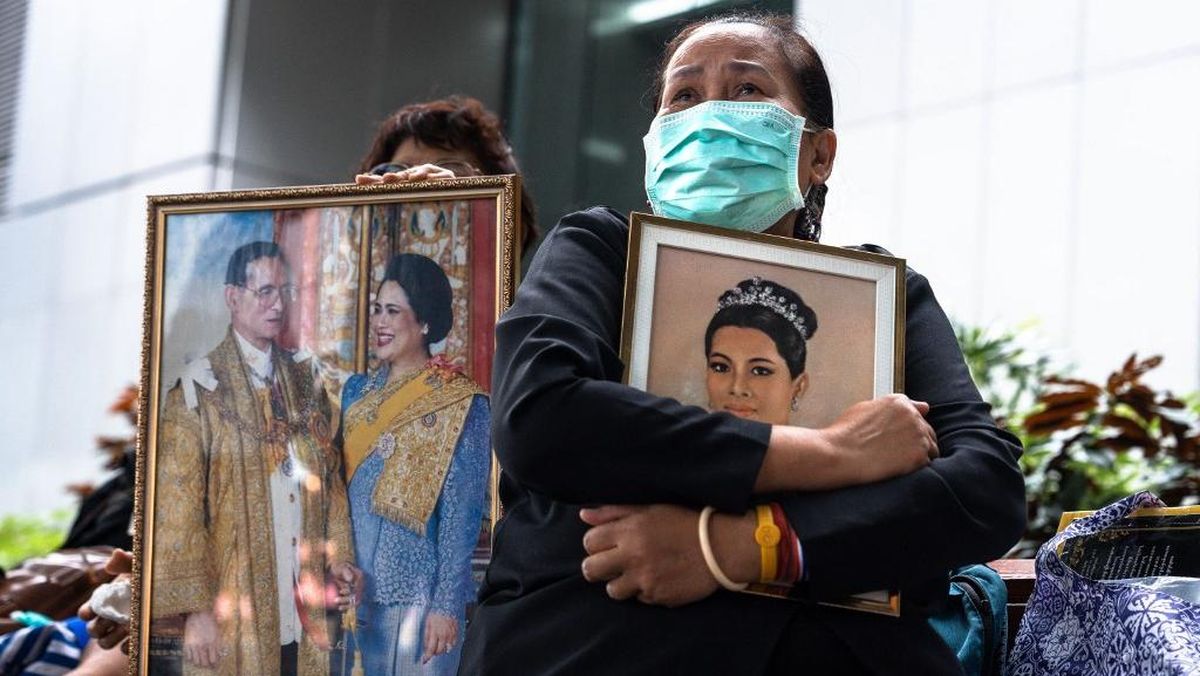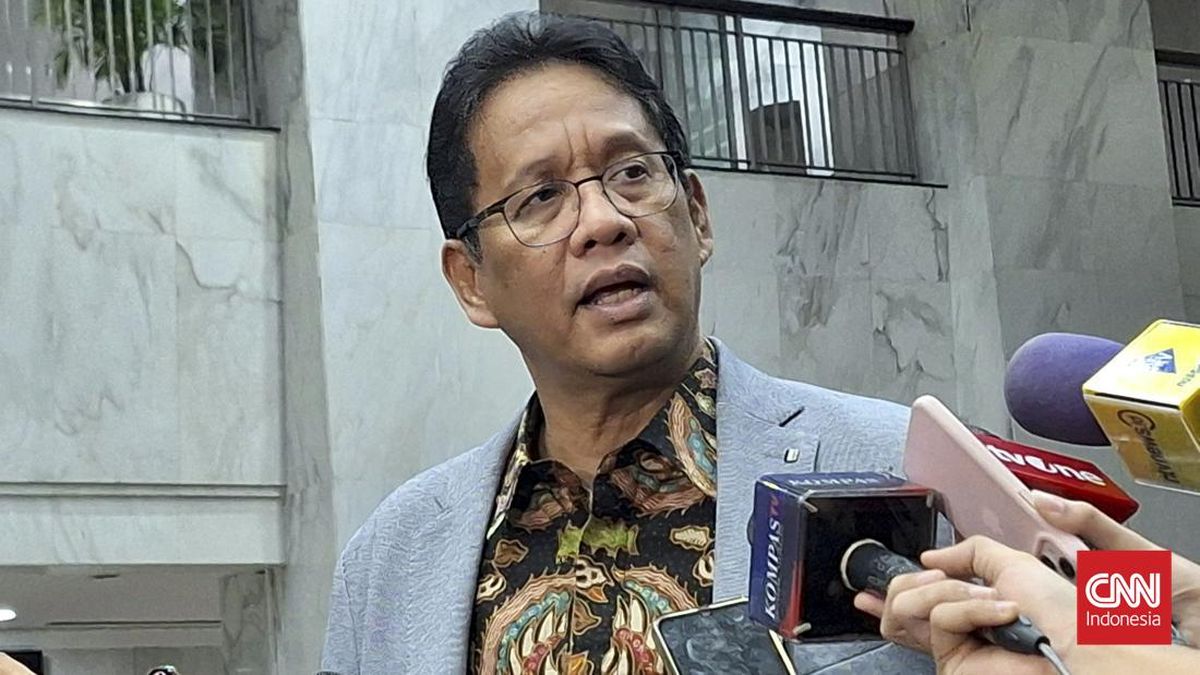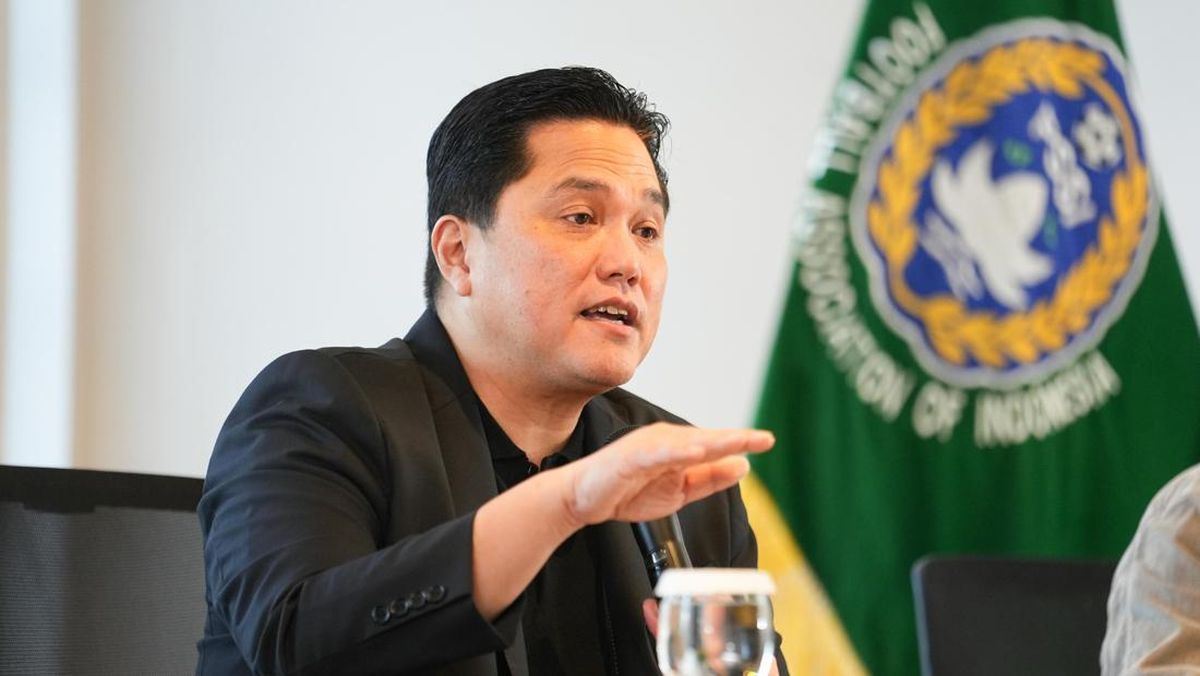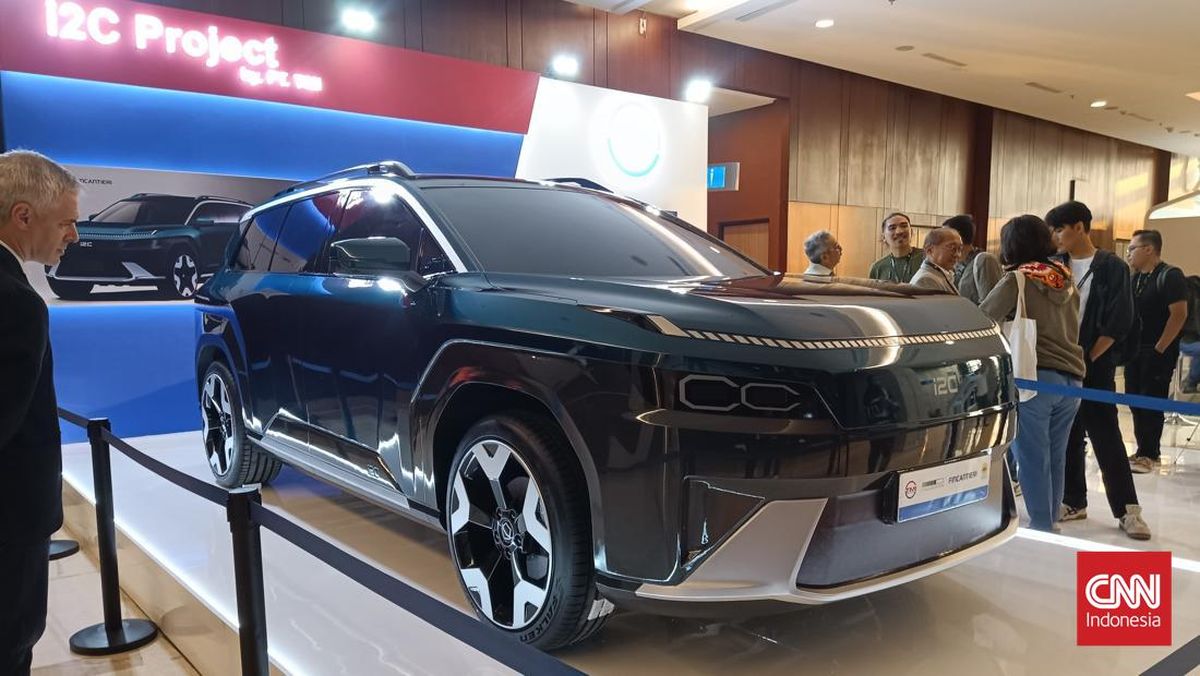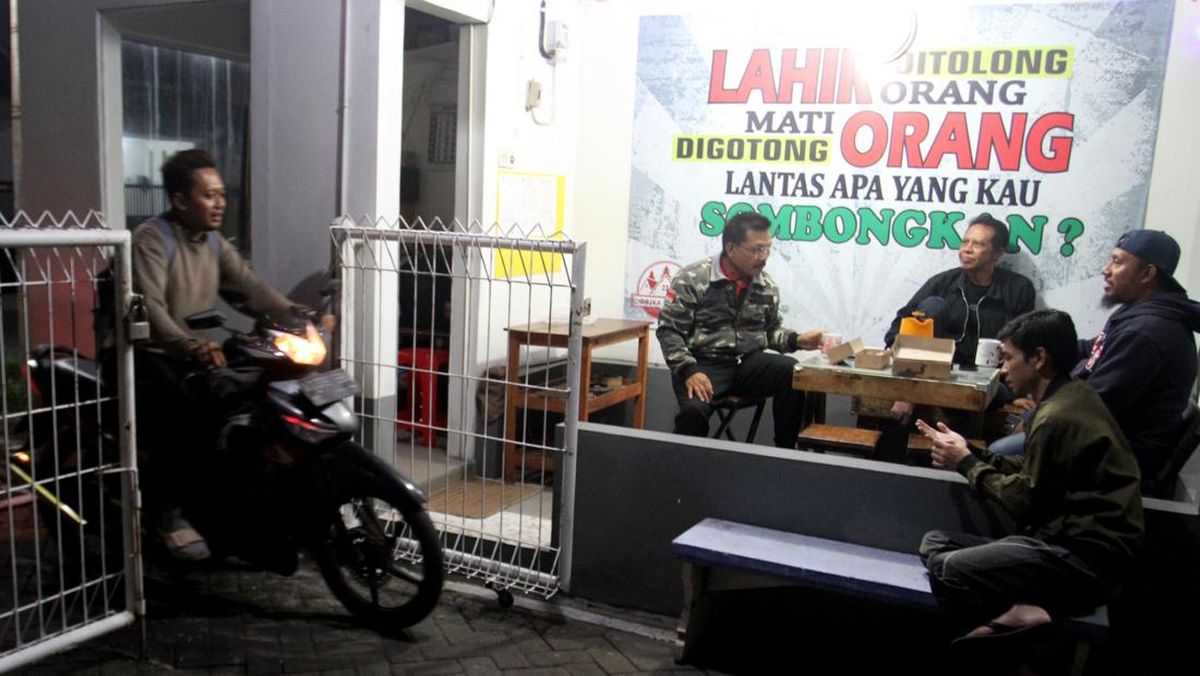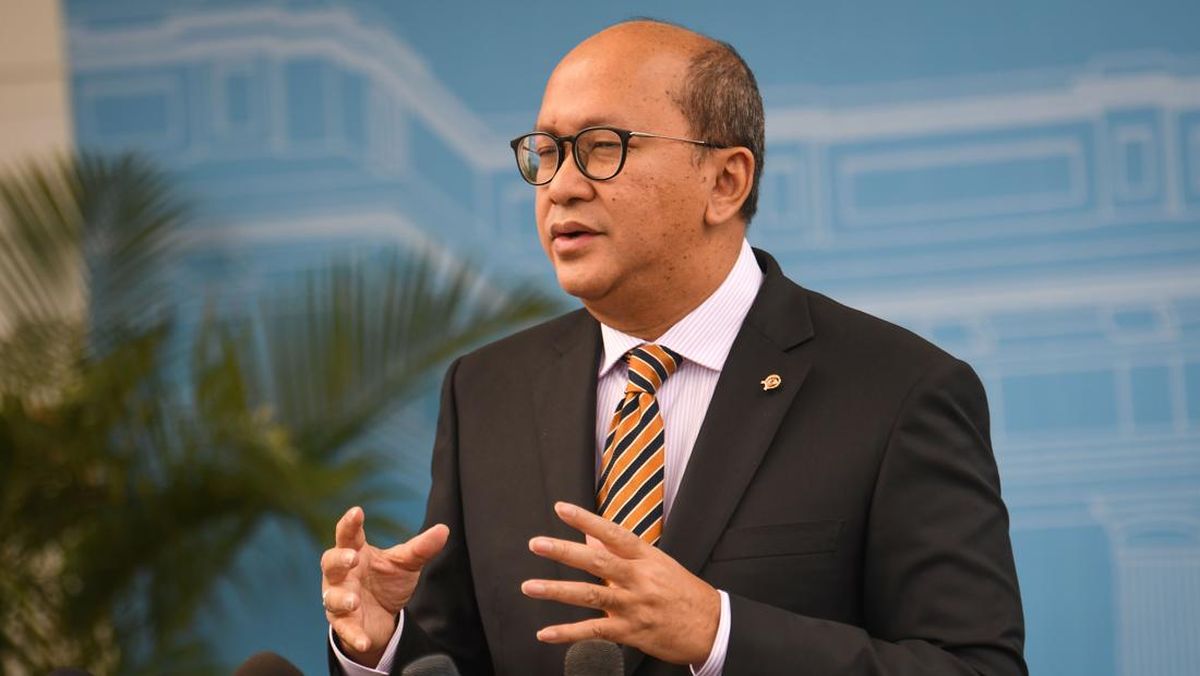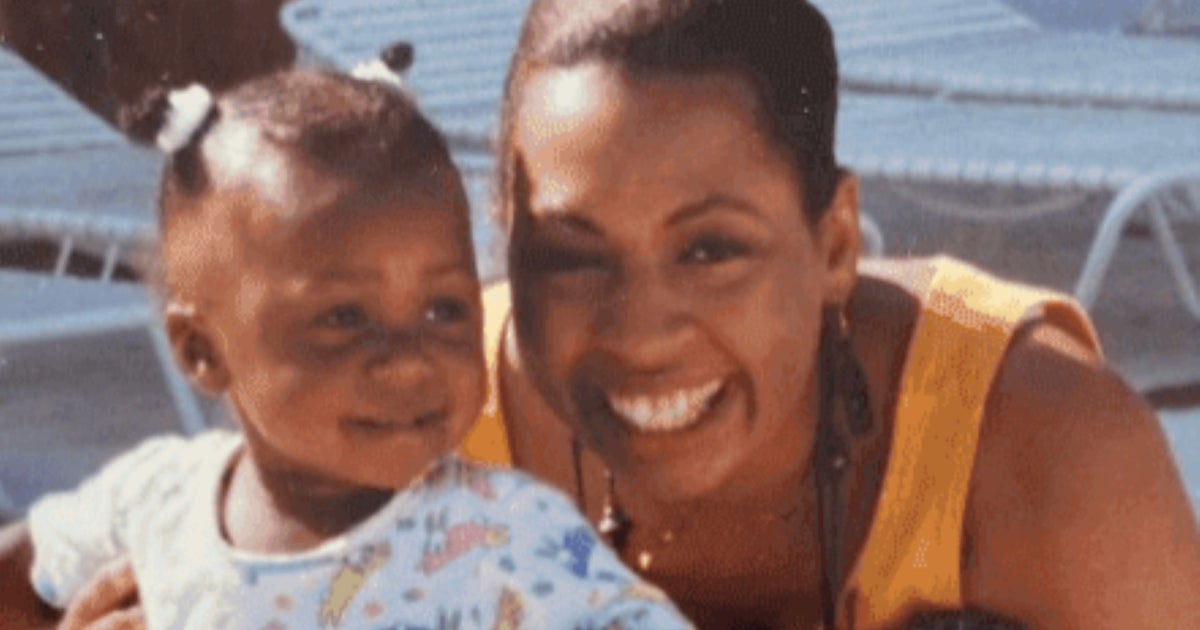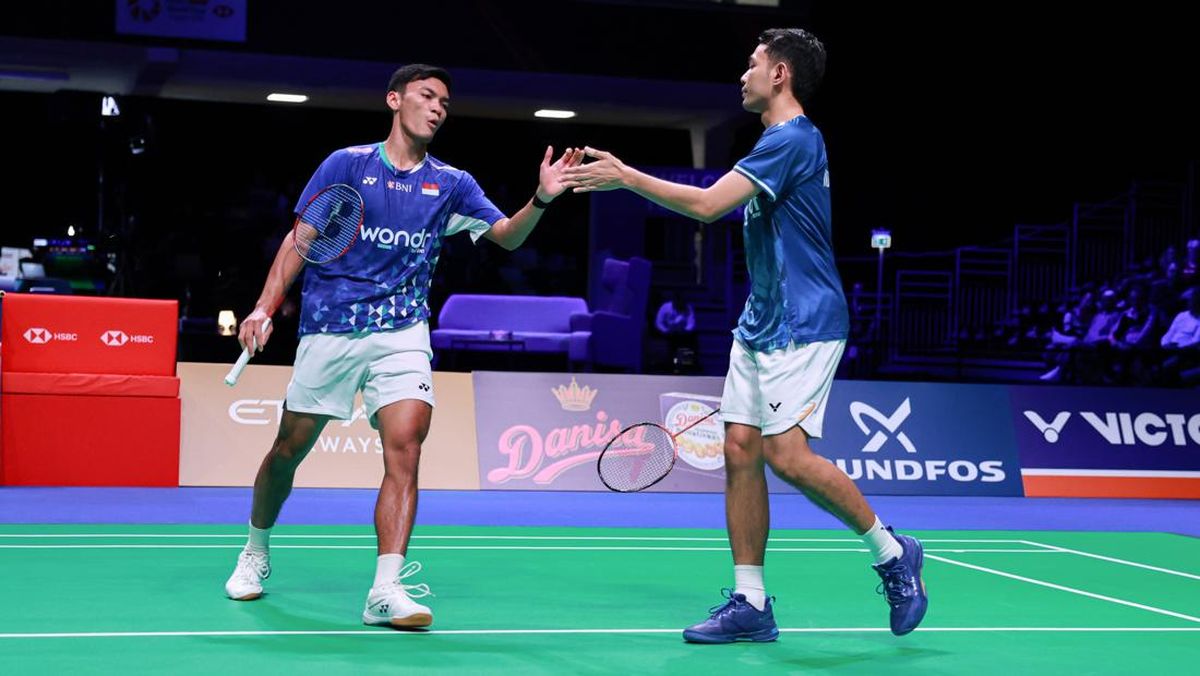A Victorian man lost his relationship, custody of his children and faced a child homicide charge after specialists at the Royal Children’s Hospital made a diagnosis of child abuse that did not stand up in court.
The man’s four-week-old baby died in 2017 and doctors at the hospital’s Victorian Forensic Paediatric Medical Service’s (VFPMS) quickly came to believe he had shaken his son so violently he caused catastrophic brain damage.

David, who was acquitted of baby shaking in a Supreme Court trial last year.Credit: Josh Robenstone
The man, who can only be identified as David, insists his baby, Oliver, simply had a seizure one night in his arms. He has spoken publicly for the first time on the podcast, Diagnosing Murder, about the seven-year ordeal that followed, and how it has changed his life.
Doctors diagnosed Oliver with shaken baby syndrome, now more commonly known as abusive, or inflicted head trauma. The diagnosis has become controversial globally, with critics saying the scientific evidence to support it is weak and contested.
The VFPMS, whose doctors investigate and refer suspicions of child abuse to authorities across Victoria, is described in the podcast by Deakin law school associate professor Neera Bhatia as the “engine room” of the controversial diagnosis in the state.
A Supreme Court jury last year acquitted David following an 18-day trial, after his defence presented evidence of potential alternative medical or accidental causes of the child’s collapse.
‘The first time we met that doctor, she came rushing into the room, didn’t introduce herself, went straight over to Oliver.’
David describing the first time he met the VFPMS doctorThe baby’s mother stood by David throughout, describing him as a kind father who was loving and supportive.
David’s 2024 trial also revealed how the VFPMS forensically questioned the two grieving parents as their baby lay dying nearby, then passed information to child protection and the police. The parents signed a consent form, but the mother said later they were too upset to know what they were consenting too.
The trial also heard evidence that police were warned by the VFPMS not to seek the views of the baby’s treating doctor because they “didn’t have the expertise to comment”. That doctor, intensive care physician James Tibballs, was not convinced by the abuse diagnosis.
He also speaks on the podcast for the first time.
“Throughout my career I often came home and thought, ‘Well, shit, that’s wrong. What can we do about that? Nothing. I’ve got 20 patients to look after tomorrow. I’ll concentrate on them,’” Tibballs says.
David told Diagnosing Murder that Oliver, at four weeks old, simply went limp in his arms one night in November 2017. Oliver was unconscious and not breathing for 42 minutes as the family, then paramedics, performed CPR on him. Such a long period not breathing can, in itself, cause catastrophic brain damage.
Oliver died in the Royal Children’s Hospital a few days later.
VFPMS doctors did not believe David and his partner’s account of events. One of their forensic doctors, Maryanne Lobo, came to suspect just hours after Oliver was admitted that he had been violently shaken. As the last person holding him, David was under suspicion.

The Royal Children’s Hospital.Credit: Simon Schluter
Lobo’s expert evidence formed the backbone of the prosecution case, but was heavily criticised by David’s defence lawyers.
David did not give evidence but told the podcast: “The first time we met that doctor, she came rushing into the room, didn’t introduce herself, went straight over to Oliver.
“She began an examination, which took a couple of minutes … then she turned and looked at me and said, ‘You did something … and I’m going to prove it’.”
David’s partner told the court that Lobo “told us that … ‘You must have hit him’ … you must have hit his head.’” Lobo denied this in the trial, insisting: “I would never say such a thing.”
David said the diagnosis had cost him “seven years of my life and my kids’ lives ... that I can never get back. And people keep forgetting that we lost our son.”
Lobo’s abuse diagnosis, backed by her boss, VFPMS deputy director Dr Jo Tully, was based on clinical signs known as the “triad” – subdural bleeding, retinal haemorrhages and brain swelling – which are together widely known as shaken baby syndrome. The diagnosis is the current medical orthodoxy, and held in good faith by doctors at the VFPMS and in hospitals around the world, but it is heavily contested internationally.
Based on the diagnosis, the family’s other child, who is autistic, was removed from them, and when a baby girl was born the following year, child protection was waiting at the maternity ward to remove her as well. The mother was ultimately allowed to keep the child as long as she did not live with David.
Tibballs, a paediatric intensive care physician at Royal Children’s Hospital for 43 years, said he had been sceptical from the start that baby Oliver was a victim of abuse – but said he had been shut out of discussions within his own hospital over the case.

Forensic paediatrician from the Victorian Forensic Paediatric Medical Service, Dr Jo Tully, speaking at a conference in 2018.
Evidence at the trial showed VFPMS staff – including a nurse and doctor – had warned police that Tibballs was not sufficiently qualified to offer his opinion on the case.
Tibballs told the podcast he had only learned about this during the case, adding he had been “gobsmacked”. It took police a number of years, and multiple requests from David’s defence team, to finally take a statement from Tibballs.
He said once child abuse specialist doctors began to suspect someone of abuse, “I almost have never seen suspicion converted to innocence. Once you get on that track, it leads in one direction and that’s to the court.”
The trial also revealed that Oliver’s mother, who we are not naming for privacy reasons, told the court she had signed a VFPMS consent form that allowed forensic doctors to examine her son and prepare a report for police and child protection.

Professor Stephen Cordner
The mother told the court her mind was “all over the place” at the time, and she’d signed the form thinking it was for further treatment.
“I thought anything that might help him [Oliver] get better, I would do it … We were happy to sign.”
Loading
The VFPMS consent form says parents do not have to sign it, but it appears they are not explicitly warned that they have a right to silence, or to legal representation.
The Royal Children’s Hospital said in a statement: “Consent for a VFPMS procedure involves a transparent discussion with parents about what the procedure entails and how information might be used.”
Retired forensic pathologist and former longtime head of the Victorian Institute of Forensic Medicine, Stephen Cordner, asked: “Do [parents] really know the basis upon which they’re talking to the forensic doctor?”
“Most people would think a doctor is acting in their interests, not inquiring with perhaps a suspicious mindset.”
Cordner has called for an inquiry in Australia into the science behind shaken baby syndrome. He also told this masthead he thinks forensic medical decisions relied on by police to charge a carer should be made independently of the Royal Children’s Hospital.
Loading
He said forensic doctors did not see it as their job to look after the interests of the parent or carer because their priority was the child. This could lead to children being wrongly removed, or criminal charges against parents.
Cordner said this was “tiger country”, medically and ethically. Forensic decisions, including evidence prepared for courts, should be made independently of the hospital, he said.
“The courts might prefer a report written by doctors who are independent from the hospital and so, structurally, more able to be impartial,” Cordner said. “An impartial report is going to be more valuable from the point of view of police and the courts.”
The Royal Children’s Hospital has previously said its medical diagnoses were underpinned by “national and international research, which is constantly reviewed” and that it delivered a best practice, multidisciplinary service caring for children and young people.
It “always puts a child’s safety, health and wellbeing first,” the statement said.
The podcast shows the doctors at the VFPMS are strong proponents of shaken baby theory, despite a global dispute over the diagnosis. Tully is on record rejecting that any real question marks exist over it, telling a court in 2021 it’s a “perceived controversy”. She has separately described it as being a field “plagued by non-believers”.
Start the day with a summary of the day’s most important and interesting stories, analysis and insights. Sign up for our Morning Edition newsletter.
Most Viewed in National
Loading


